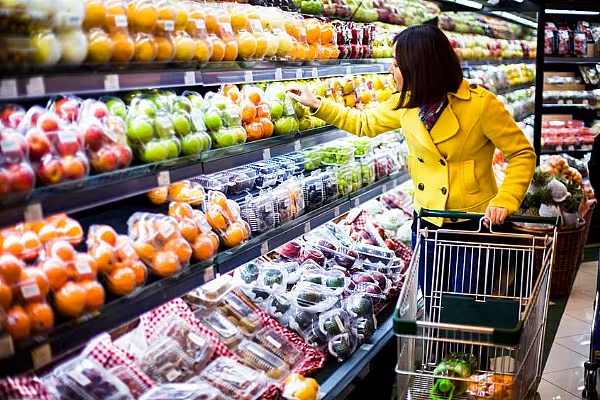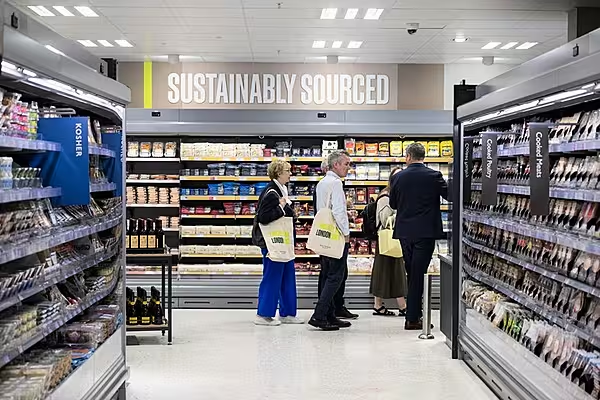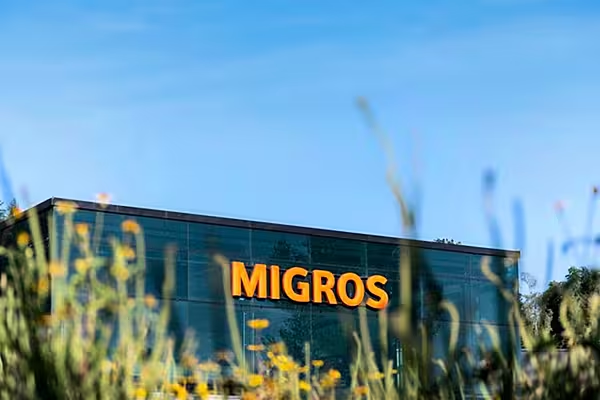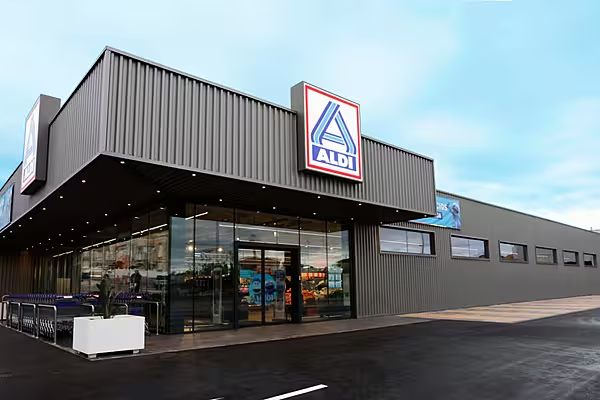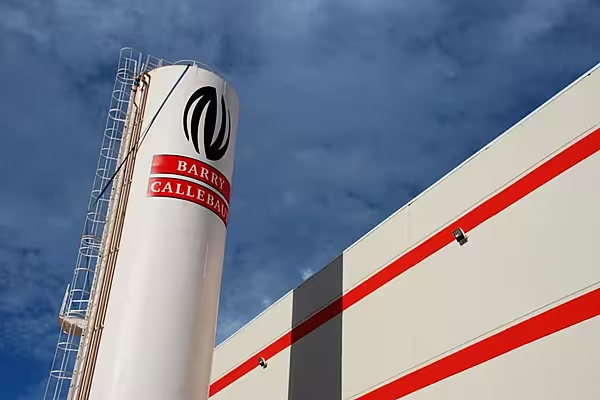Banks can hightail it from the U.K. For retailers threatened by Brexit, it’s not so easy -- they’ve got to stay put even if a disorderly departure from the European Union clogs trade routes and empties store shelves.
As the U.K. charts an increasingly erratic course toward Brexit, retailers like Tesco Plc, J Sainsbury Plc and Next Plc that sell a significant amount of imported goods are bumping up against the limits of contingency planning.
“We’re far more worried about the government’s ability to deal with any increase in customs administration than we are with our own ability to deal with it,” Chief Executive Officer Simon Wolfson of apparel chain Next said in an interview. “There’s a real risk of ports grinding to a halt, and that would make life very difficult for all retailers.”
The overwhelming majority of clothes and almost half of the food consumed in the U.K. are imported. With insufficient domestic manufacturing capacity to meet the country’s demand, there are no easy workarounds if the U.K. falls out of the European Union without a deal in 2019.
No-Deal Damage
Every day almost 700,000 inbound shipments would require border checks if the U.K. leaves the EU without a deal, the British Retail Consortium said. Officials at Dover, the country’s busiest port, warn that an extra two minutes to clear trucks through customs could lead to 17-mile (27-kilometer) traffic jams.
“Dover is not ready for food products needing to be checked and you can’t just click your fingers and double the number of British strawberries or potatoes,” BRC policy adviser William Bain said.
Under the current customs arrangement retailers can order tomatoes from the Netherlands at lunchtime and have them shipped across the English Channel in time to appear on shelves the next day.
Grocers Tesco, Sainsbury and Wm Morrison Supermarkets Plc have mapped out alternative sourcing locations for some goods that could face the biggest tariffs -- such as 40 percent on Irish beef -- if the U.K. leaves the EU without a deal and falls back on World Trade Organization rules. They could sell more domestic beef, but the rush to secure supplies might push up costs.
Sainsbury CEO Mike Coupe has warned that laborious customs procedures would mean higher prices and lower quality. The government hadn’t fully recognized the risks, he told the U.K.’s Press Association in September.
Future Talks
U.K. Brexit Secretary David Davis is stepping up diplomatic efforts to persuade skeptical European leaders to push talks forward to the future of trade. Even if that effort is successful, Prime Minister Theresa May says a transitional trading arrangement will not be put in place until a final Brexit deal is reached.
Grocers will need to lock in new suppliers next year to avoid being caught out in the event that no deal is reached. That requires a range of onerous checks, from auditing labor standards to ensuring goods can be delivered in the right sizes.
Even if suppliers clear those hurdles, delays at ports mean supermarket operators may not be able to get some produce into stores. Executives say privately that a no-deal scenario, which some Brexit hard-liners favor over making concessions to the EU, is inconceivable because of the damage to the industry.
The U.K.’s proposals to develop a computerized system to pre-notify ports of incoming shipments and to minimize checks on goods exported by pre-authorized businesses in the event of a no-deal Brexit raise more questions than answers, Bain said.
News by Bloomberg, edited by ESM. Click subscribe to sign up to ESM: The European Supermarket Magazine.
